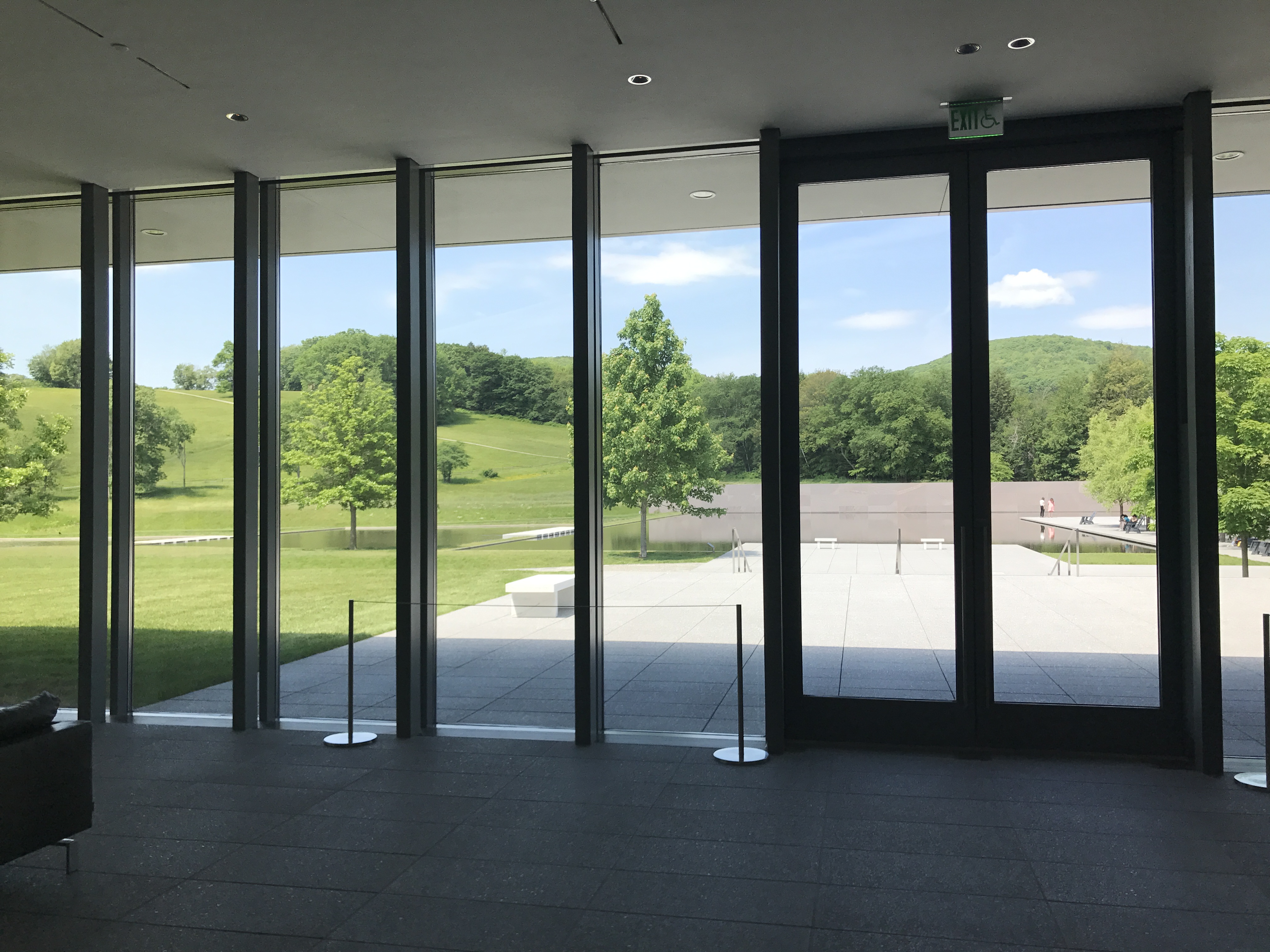Since analyzing the likely consequence of gallery and auctioneer insolvencies last month, we have been keeping an eye on how the economic crisis borne of the COVID19 pandemic is affecting the art world. Essentially every museum in the world has had to close its doors in the last month, with the previously unimaginable effect of a 100% drop in attendance revenue. Every museum, from the largest and best-endowed to the smallest and cash-strapped, is grappling with how to sustain its people, its mission, and its future. There are no easy answers, but the Association of Art Museum Directors issued yesterday an interesting update to its longstanding ethical guidelines concerning deaccessioning and restricted assets. As I remarked in a conversation with ArtNews yesterday on the topic, the question of what—and who—an endowment and an art collection is for have never been more relevant, or more difficult to answer. When Brandeis proposed to close the Rose Art Museum in 2009 in the midst of the last financial crisis, the effects were long-lasting. I have negotiated considerable specific requirements to gifts on behalf of museums and donors to account for what, before that event, many had not considered. What will this catastrophe, which is already far worse, bring?
Fate of Museum Collections and Endowments Presents Hard Questions in Hard Times
Topics: Brandeis, Metropolitan Museum of Art, American Alliance of Museums, Rose Art Museum, Association of Art Museum Directors, International Council of Museums, Museum of Fine Arts Boston, AAMD, Berkshire Museum, North Adams, Mass MoCA, COVID19, Board of Regents, Brian Allen, CARES Act, Financial Accounting Standards Board, Clark Art Institute, National Review
Detroit Institute of Arts and Motor City Bankruptcy: Deaccessioning Fact and Fiction, Hope and Reality
The recent filing by the City of Detroit for bankruptcy—the largest such municipal filing in history—has brought with it an unexpected art law twist. Namely: to what extent can, or should the collection of the Detroit Institute of Arts be used to satisfy the city’s creditors. As one might expect, the differences between what the city can do, what it should do, and what others can do to influence that decision have become hard to distinguish as the volume is raised. A review of some of the issues involved and the governing principles is in order. As rumors of the city’s bankruptcy circulated, speculation began about what would happen to the collection of DIA. And thus the dreaded “deaccession” debate began. This debate is essentially as follows: is art a fungible commodity that can and/or should be used in whatever way advances the mission of the institution (including selling it and using the proceeds to finance the museum’s operations), or do museums hold art in a public trust that must prioritize the collection and display of art? The latter view certainly holds sway among many in the museum community as an aspirational mattter, but its enforceability is often far less than they think.
Topics: National Academy Museum, Brandeis, Deaccession, American Alliance of Museums, Rose Art Museum, AAM, the Metropolitan Museum of Art, Detroit Institute of Arts, Collections, Association of Art Museum Directors, Motor City, and the Museum of Fine Arts Boston, Cleveland Museum of Art, Detroit Bankruptcy, AAMD, Pennsylvania Academy of Fine Arts



